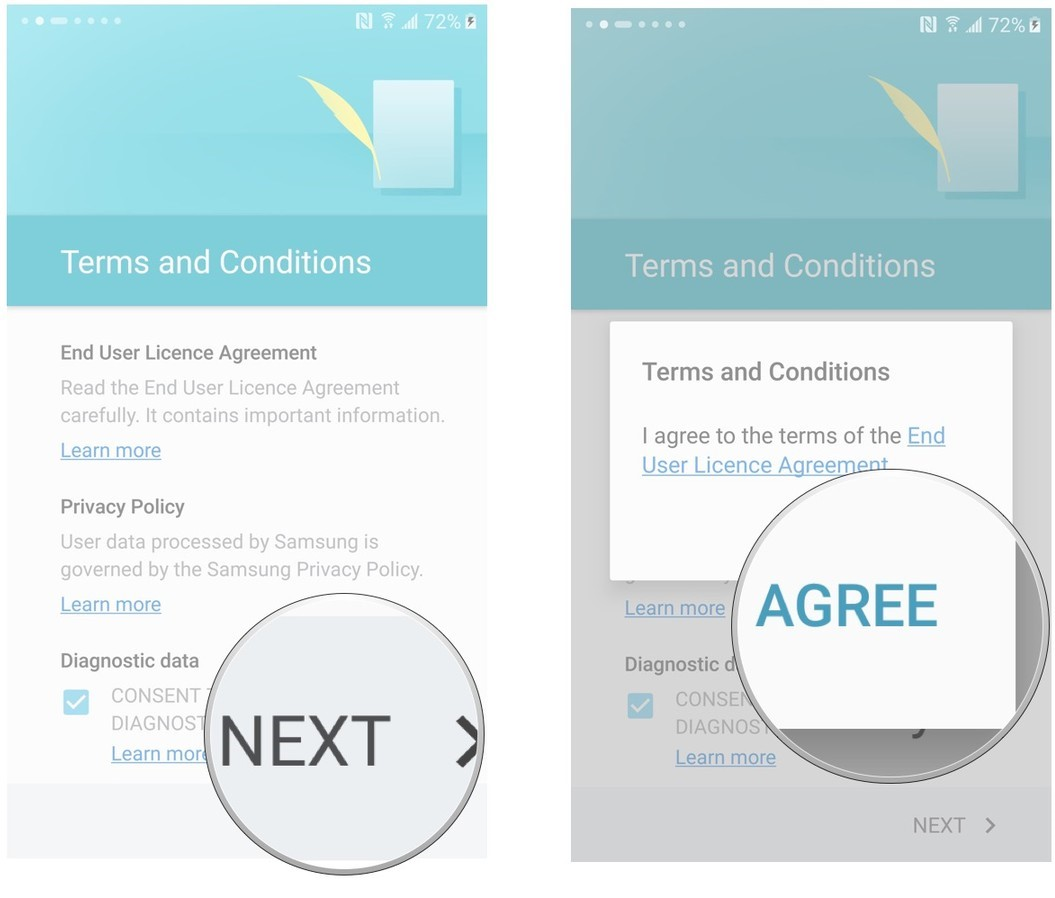How Secure are You on the Internet?
Cambridge Analytica Scam has taken the Internet by storm. After its discontinuation, every website on the surface has updated its privacy policy and security features. But can only policies provide protection of data to the user? Or should the users take some care themselves too? Let's find out!

Do you have similar website/ Product?
Show in this page just for only
$2 (for a month)

0/60
0/180
The large area of Internet has provided information and space to connect with others from a long time. Users had many concerns related to its usage including security and privacy. They were not the main concern in the earlier days but as more and more users started to connect to the Web, the privacy concerns seemed to be more important.


After the latest Cambridge Analytica Scandal, users have been receiving security updates from almost every website they use. But certainly, there are many of us out here who have not read even 1 term or condition of the policy update. And just if its not clear, its not correct!

Well, let's do this in two parts-
What happens if you are careless about security?
Well there are rare chances for something to actually happen if the user's data has been compromised, but certainly, a few things could happen :-
- Wrong use of data - Obviously, every smartphone user thinks about this once in their experience of usage that their data might be stolen by hackers and used for wrong purposes. Well, maybe the hackers won't use it for their own benefit but sell it to some other organization who issues fake identity cards? What if someone used your details to commit a crime and then you were the one held responsible?

- Usage of data by Terrorist Organizations - This one is a horrific as it seems. Terrorist organizations can use your data to make fake profiles and identities for their members and may also track you down and hold you as a captive. They may also use the data of a group of people to gather the average information of a city, state or country.

- Manipulation - Ever gone to buy a dress and ended up giving your friends a party because they asked you to do so? Or may be something similar might have happened with each one of us. We tend to do something and are influenced by the thoughts and ideas of the other person whom we may or may not even know. Political parties and shopping websites mainly use your data to gather your taste, choices and preferences. If they find that you are not going to benefit them in any way, they start showing you ads or benefits of the things you might not have liked earlier. This might not seem like very dangerous but what if you were going to vote for one party but ended up voting the other? The government of the whole country would suffer.

Now what to do to keep your data safe?
- Keep away from unknown sites - That's the best and general advice related to the topic. If you're away from unknown sites, you unknowingly help prevent spam and make the Internet community better.

- Never share you credentials - Not even to the closest person of your life. Even if you tell them, make sure its face to face in a verbal conversation where no one is around you two. Text messages or calls can be easily tracked down if one has hacked your phone. Never ever enter your username or password in a site where it tempts you for free offers. Your OTP, PIN, passwords and username should be kept only to you.

- Install a paid antivirus - Yes, of course. How can you possibly think of getting rid of a technical threat without this useful tool? But there are a number of companies which promote their product and the user has to be very careful while selecting the perfect package. Remember, nothing is free and for your protection, you need to pay something.

- Think carefully before giving admin rights to an app.
- Cover your camera. You never know when it might be hacked.
- Install apps very carefully as there is no Play Store to check your apps.
Say no to Spam, Say no to Piracy!
CONTINUE READING
Technology
Shreyash Singh
Student
